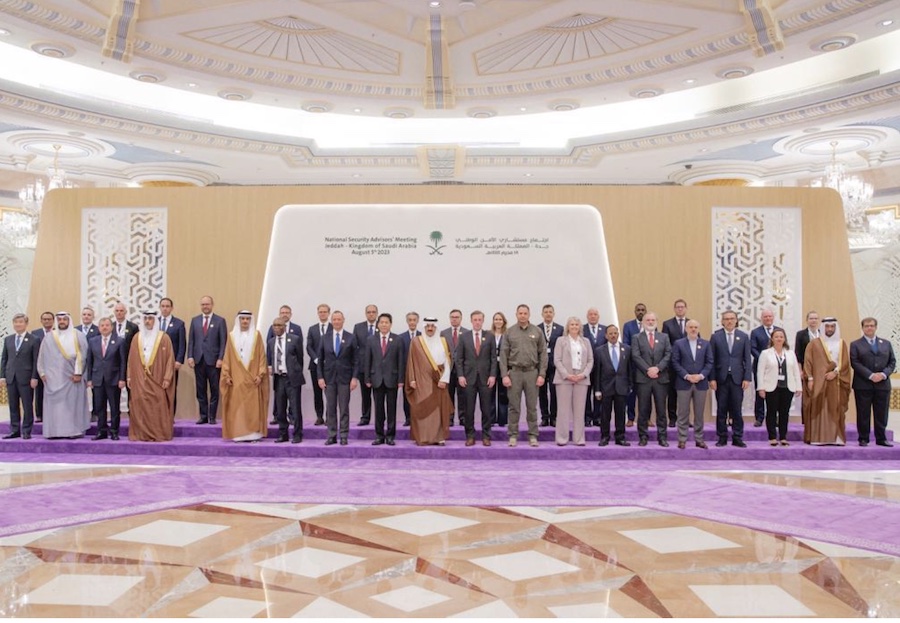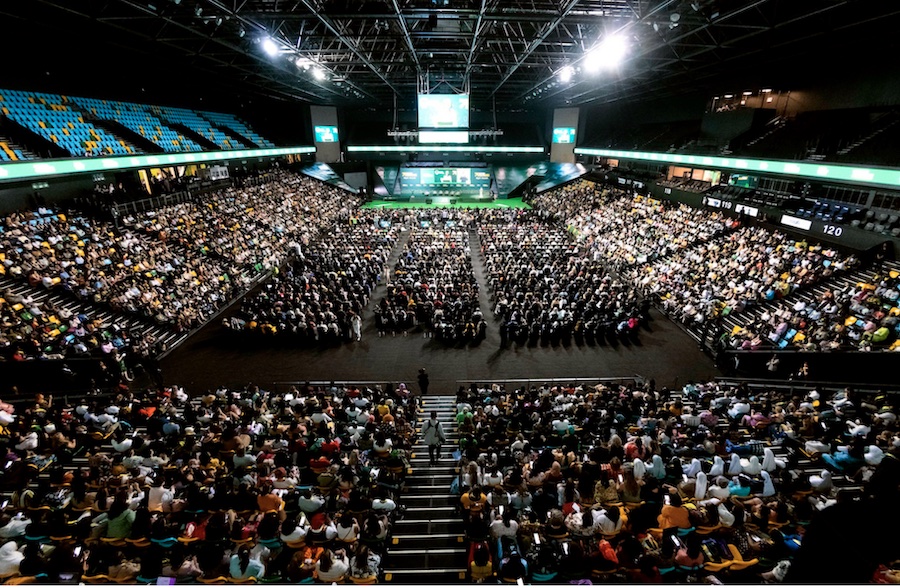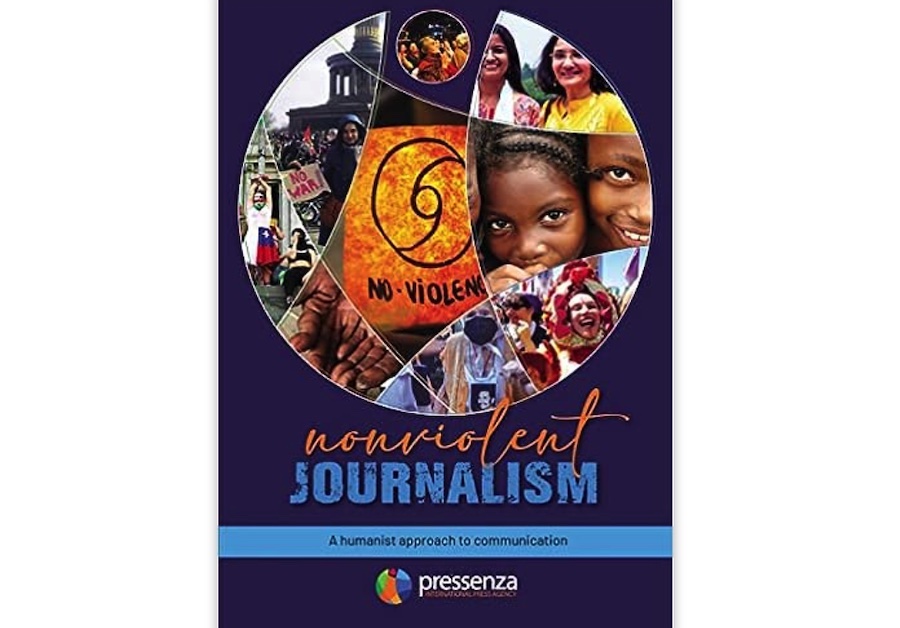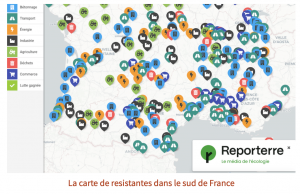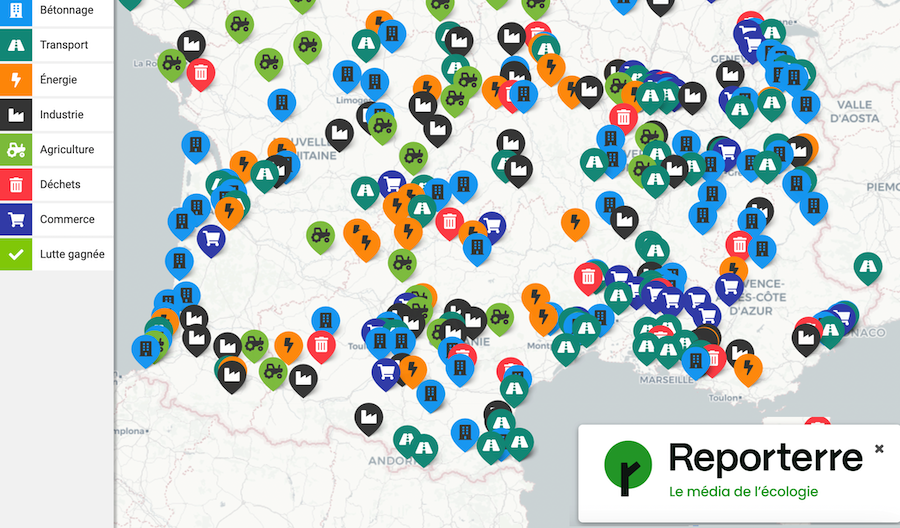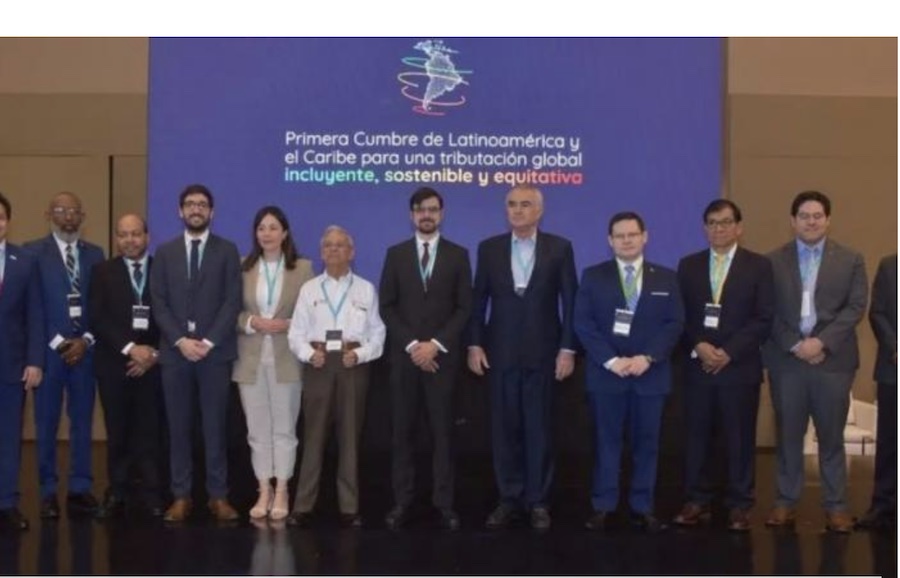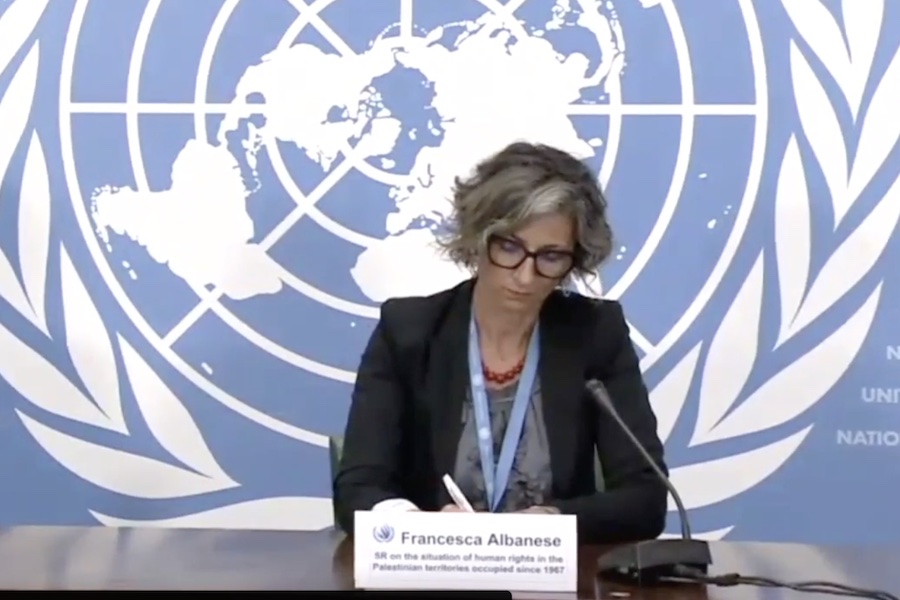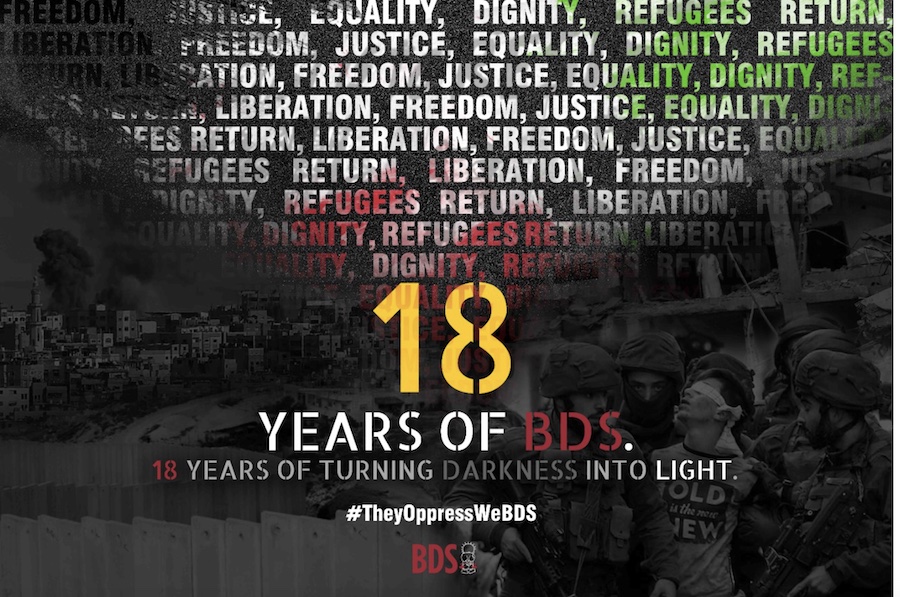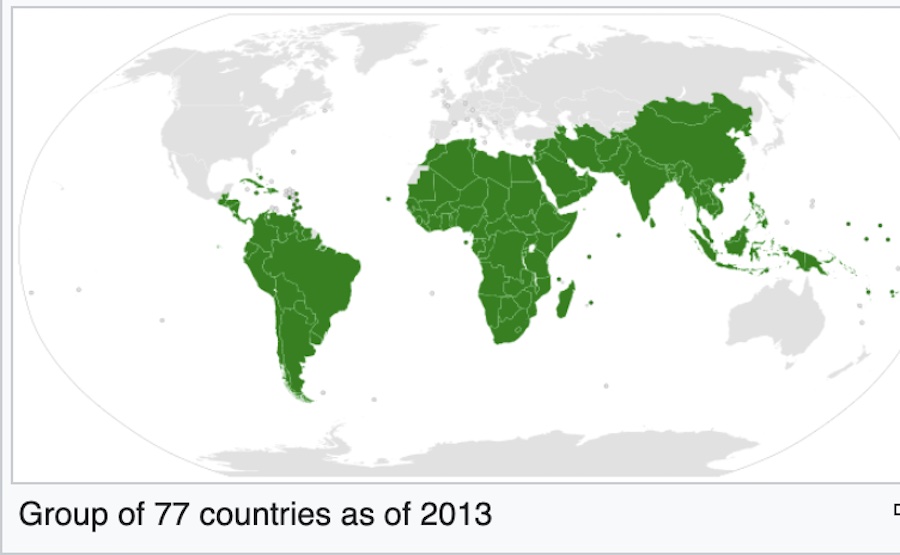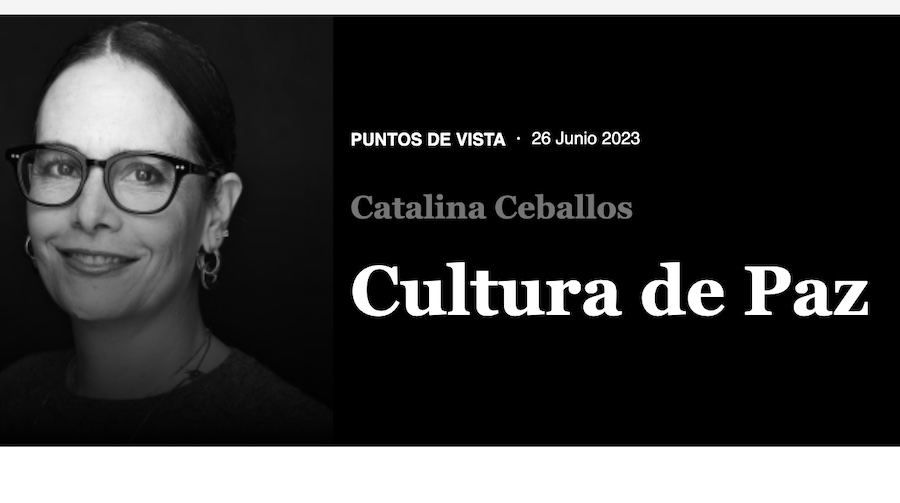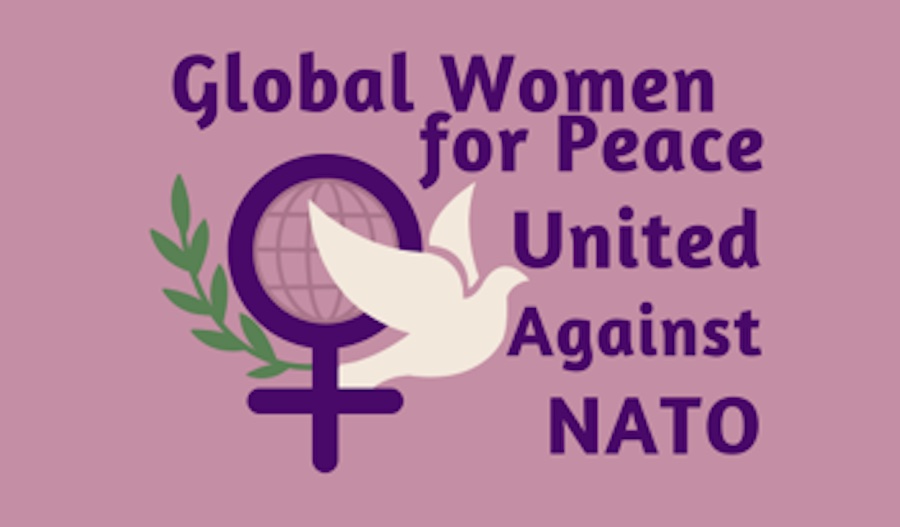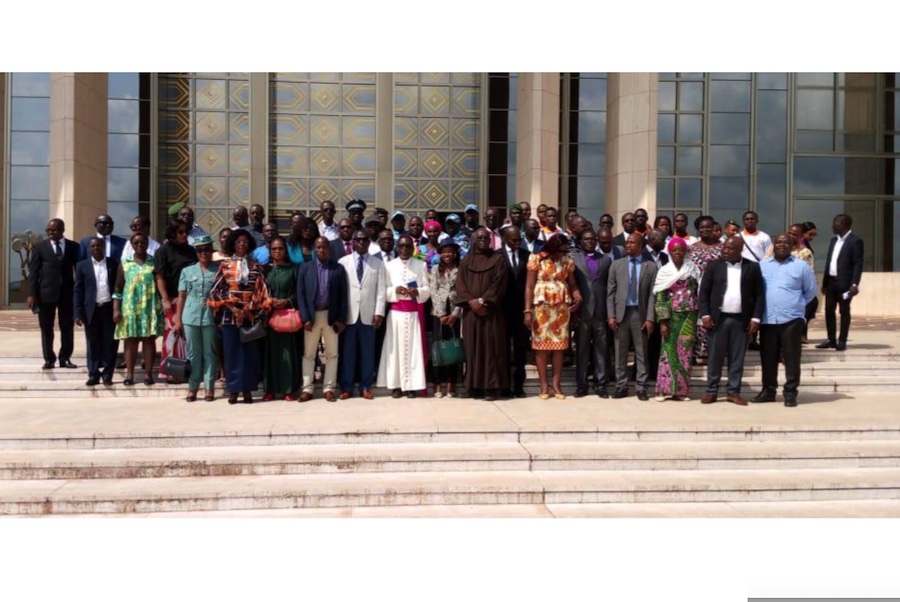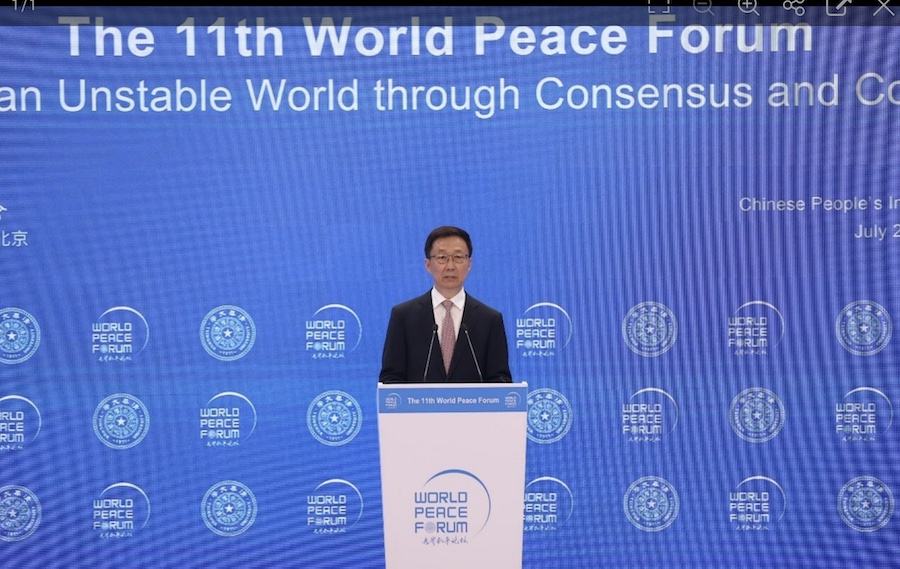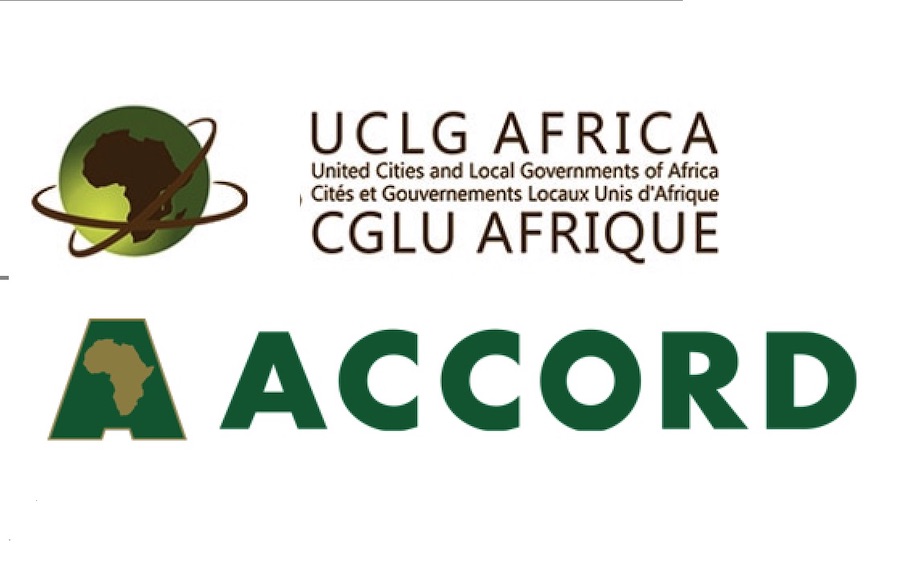. EDUCATION FOR PEACE .
An article from Jornal de Uberaba
This Wednesday, the Office of Culture of Peace and Mediation of the Public Defender’s Office of the Federal District (DPDF) completes one year. It was a period of positive results in conflict resolution, in order to avoid new lawsuits and encourage dialogue between the parties. In all, 3,185 consultations were carried out, with 75% of conflicts resolved through agreements.

In addition, several other initiatives were adopted to accelerate mediation and conciliation during the period. Partnerships were established with regional administrations, public schools and law universities in the Federal District, which carried out mediations and conciliations, training with more than 200 civil servants with postgraduate degrees and distance learning courses, management and alignment workshops, training and the offer of postgraduate scholarships. graduation with the counterpart of the beneficiaries contributing to the growth of the culture of peace and mediation of the Public Defender’s Office of the DF.
The three most recurrent demands in management throughout this first year were alimony, consensual divorce and divorce.
The implementation of the results management tool with the systematic spreadsheet of data was also essential for improving management work and decision-making.
In commemoration of the management’s anniversary, the DPDF will create a specific sub-secretariat to concentrate mediation actions within the scope of the institution. It will be one more way to encourage the practice in the assistance provided by the Public Defender’s Office, as a way to avoid judicialization and speed up the cases. Currently, the Culture of Peace and Mediation Management is linked to the DPDF School of Legal Assistance
Also in honor of the date, the DPDF will promote, on August 18, a lecture with the judge of the Court of Justice of Bahia (TJBA) André Gomma, one of the creators of the self-composition methods of conflict resolution in Brazil and a national reference in the subject. The class will be part of the continuing education course on Family Law, Culture of Peace and Mediation, and Childhood and Youth, promoted by Easjur.
The management’s proposal is to promote appropriate methods for conflict resolution, emphasizing mediation and conciliation, in order to implement multi-door justice, provided for in the Civil Procedure Code of 2015. With the objectives of humanizing conflicts, seeking peace, promoting education in rights and the speed of the process, the solution rate of the first 2,200 demands received was 90%, between September 2022 and March 2023.
In commemoration of the Management’s anniversary, the DPDF will create a specific subsecretariat to concentrate mediation actions within the scope of the institution.
The general public defender, Celestino Chupel, recognizes the transformative role of management in the traditionally established scenario of excessive judicialization. “It is necessary to break with paradigms and update the techniques used in conflict resolution. Mediation allows for faster and more uncomplicated dispute resolution, in addition to facilitating effective communication between the parties”, he analyzed.
(article continued in right column)
(Click here for the original article in Portuguese)
Discussion question
Mediation as a tool for nonviolence and culture of peace
(article continued from left column)
For the public defender and head of the Culture of Peace and Mediation Management, Lídia Nunes, the work carried out in mediation is very important to avoid judicialization and possible overload of the Judiciary. “By means of self-composition techniques, we manage to make people aware and provide information so that they can build the solution to their conflicts themselves. It is a faster and more effective way of resolving disputes”, she explained.
Innovative project
The Legal Assistance Nucleus (NAJ) Deusa Maria de Carvalho, located in the Ceilândia Forum, innovated in the execution of the mediation project in ongoing processes. There were 203 hearings held in eight days throughout the month of July, with a success rate of 95%.
The success is due to the offer of 12 full postgraduate scholarships in Law at the Brazilian Institute of Teaching, Development and Research (IDP) to defenders and servants of the DPDF, who must collaborate with a minimum of 40 hours in mediation, conciliation hearings or attempted settlement in the administrative region. The purpose of the initiative is to increase the offer of hearings on peaceful methods of conflict resolution for residents of Ceilândia, the most populous region of the Federal District.
Management’s proposal is to promote appropriate methods for conflict resolution, emphasizing mediation and conciliation, in order to implement multi-door justice, provided for in the 2015 Code of Civil Procedure.
School of Legal Assistance
In the last year, Easjur has actively participated in the institutional evolution of the Culture of Peace and Mediation within the Public Defender’s Office of the Federal District. With the creation of management, the educational body conceived the workflows with the DPDF nuclei and bodies that make up the local public administration, as well as produced guidance materials that gave essence and direction to the work.
Established alignment with the Court of Justice of the Federal District and Territories (TJDFT) to ensure greater reach in service, in addition to partnerships with higher education institutions, enabling the entry of professors and hundreds of students in the institution to collaborate with the provision of services in mediation to the underprivileged population.
On the other hand, with a view to ensuring training and technical improvement, in line with private institutions, hundreds of postgraduate scholarships and training courses were offered to DPDF defenders and servants.
Dejudicialization of claims
One of the purposes of mediation and conciliation is the resolution of conflicts through dialogue, thus avoiding the judicialization of demands and the overload of the Judiciary.
One of the people who approached the Culture of Peace and Mediation Management during this period was Regiane Braseiro, 32 years old. She is the mother of five children and contacted the DF Public Defender’s Office to carry out a DNA test on her youngest son, who is eight months old. “I need proof of paternity for my youngest child to include the father’s name on the birth certificate and apply for child support,” she explained.
Conciliar Space
In April, the DPDF, the TJDFT and the Public Ministry of the Federal District and Territories (MPDFT) inaugurated the Conciliar Space. The new environment offers a multidisciplinary service, with the aim of identifying the feasibility of resolving conflicts without filing a lawsuit, resolving issues through mediation or conciliation in loco and free of charge.
